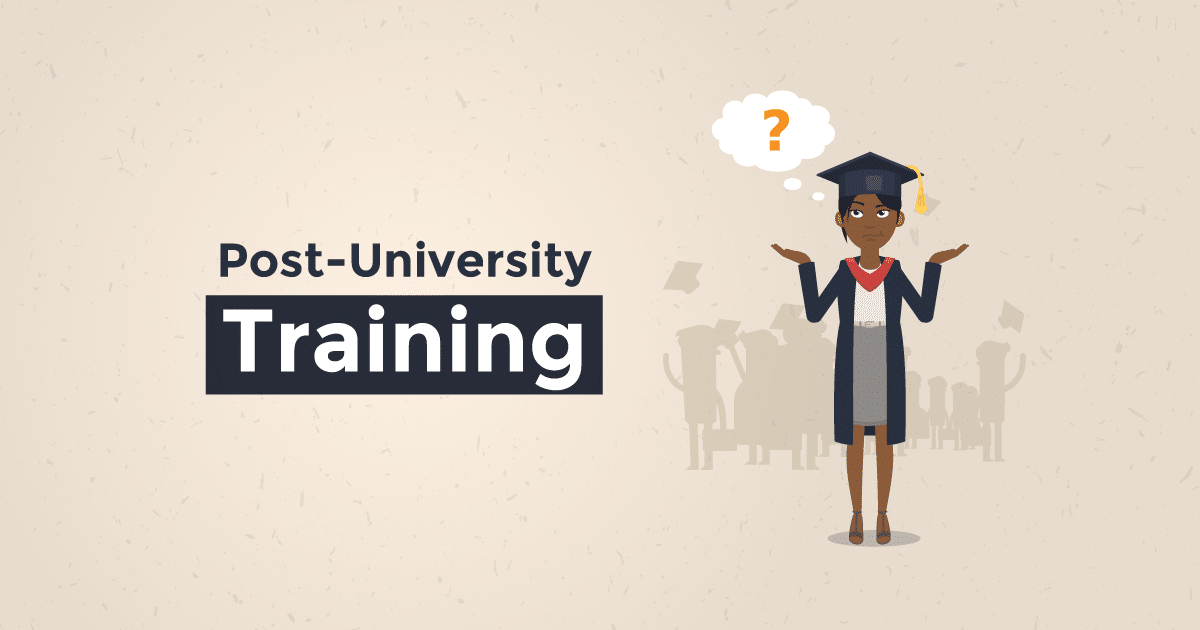It’s finally that time of the year. You have successfully finished university and it’s time for graduation and all the celebration that comes with it. So what’s next for you? There are a number of opportunities to consider when you are done with college such as working abroad, interning for a reputable organization or pursuing a graduate program.
However, most of us feel like we are basically through with education and we can immediately dive into the world of work and we forget that university is actually a stepping stone to other achievements in life.
As a university graduate or young professional in Kenya, you might forget that the basics (having a certificate) is not enough to actually get you a job. Ultimately, you are fresh out of college with zero experience and that puts you at a disadvantage in the competitive job market. But, that shouldn’t make you worried. There are plenty of options available to graduates and young professionals in Kenya.
After completing university, most graduates go directly from school into job hunting in their chosen fields. However, most employers continue to protest that they cannot find skilled candidates to fill available positions.
University completion is a big achievement. Congratulations on that! But we should always keep in mind that today’s higher education institutions are not adequate to fill the ‘skills gap” that most employers complain about. It is, therefore, important for you to consider getting the practical skills that would complement your degree and kick-start your career.
Table of Contents
Filling the Skills Gap

Technical training programs offer a pretty compelling career path as they allow learners to connect theory with practice. Additionally, they provide graduates with insights on the final professional direction they want to aim for. Such programs exist to teach skills related to a specific job.
Technical training is a more streamlined approach to education with a core curriculum that focuses on developing a particular skill set and knowledge base for a profession rather than receiving the general education. As much as many colleges try to combine some hands-on training and classroom work, that may not be sufficient to make one a much more marketable candidate.
Several formal training programs offer hands-on training services because, in the real world, experience is preferable to academic qualifications.
Post university training is an excellent strategy that incorporates different elements of training and is typically based on a hands-on approach to learning. Students can have a chance to be taught practical skills and knowledge that employers are looking for, right out of the gate.
Experience vs Education

Your chosen career will dictate how education and experience stack up against each other. As an individual, you have your own ambitions, interests, and goals, and you are the one who determines which approach to take after completing college. You are also responsible for determining whether your career path commences through academia or through real-world experiences.
However, there are careers that give experiences an upper hand and undermine education. Take, for example, a culinary course. Experience will definitely trump that certificate. Construction trades like carpentry, plumbing, electrical, and medical courses have apprentice programs as a requirement before venturing into the business. When it comes to education versus experience, there is no ultimate winner. Both are important in their own ways but having the best of both worlds doesn’t make one lesser of a person. In fact, it makes you more marketable in the competitive job market and also creates a good impression to your potential employer.
In today’s competitive world of work, employers are looking for candidates with a few years of work experience and most graduates don’t have such experience which means that they are automatically ruled out in the job market. Therefore, when deciding on what to do after graduation, job hunting should be considered only if you have found ways to strengthen the ‘skill gaps’ you are missing. In this case, taking up technical training programs and post-college training.
Complementing your College Background

Certifications complement our degrees and it is, therefore, wise if you turn your diploma into a degree and if you already have a degree, turn it into a postgraduate qualification. University might seem like the end to you, but it is never enough.
Completing university is one achievement and you have more available options to help you achieve a successful future. Venture into a training program, post-university or otherwise, that will teach you the necessary skills you need to step out into the real world and begin working as a professional in your field on day one.
As a graduate or young professional in Kenya, complement your university background by receiving the technical training you need to become a skilled employee in today’s competitive workforce.
Get started today! Take the first step in preparing for your bright future. Visit BrighterMonday Learning to find the training you need. You will also get a comprehensive understanding of your chosen field to help you make the transition from college to career.





